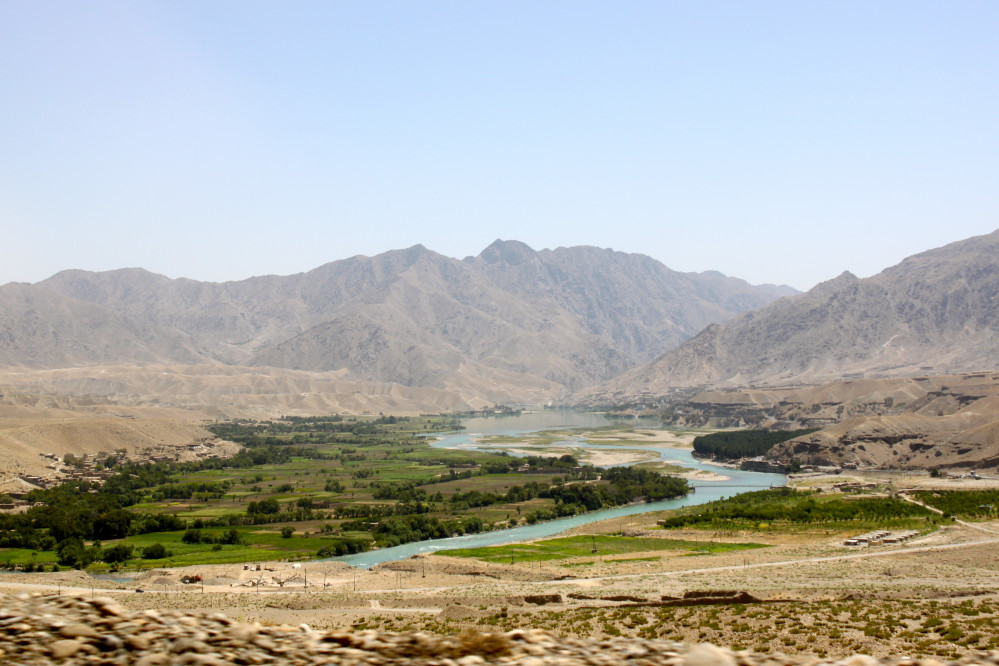
Imagination Nation
Azgeoristan Republician Army (ARA)
Excerpt from “Nationalism and Insurgency in Azgeoristan” (Central Asian Monitor; Vol XIII, Issue 19)
written by Professor Cevik Mardin
The reasons for the insurgency in the southern provinces have been well-documented. Less clear are the actors that have participated in the unrest in this region. Suspicion of the western media in the region as well as middling in the interests in the rest of the world, the insurgent groups have remained in the shadows even as some eclipse the reach and strength of the national government.
The roots of these insurgent movements within Azgeoristan lie in Afghanistan and with the war the Mujahideen wage against the Russian occupation of their country. During the occupation, many of the countries within Central Asia reaped some economic benefits from the movement of military personnel and materiel to that region, and Azgeoristan was no exception. However, the benefits were only affected a few and many embittered and impoverished people crossed the border and join the Mujahideen in their fight.
Many of the people from Azgeoristan learned the skills of guerilla tactics fighting in Afghanistan with the Mujahideen, because of this they also started to fight the Soviet military within their own country. Khaled Al-Mozafari is the individual credit with the creation of an insurgent group called Holy Fighters of Azgeoristan (HFA) and returned to his homeland and begin the Azgeoristan Liberation Organization (ALO).
Russian military records have very little intelligence about the ALO, though the populace does remember the force and its actions. Its most spectacular success was the destruction of a fuel and ammunition dump just outside one of the major towns within the country.
With the independence of Afghanistan, the same thing followed for Azgeoristan. Many of those who fight with the Mujahideen were not, for the most part, happy with the new government that was in place to run the country. The reason for this was due in part to the officials that had been in control of the country during the occupation by the Soviets had remained in power. Those same officials had forgotten that they were no longer be supported by Moscow but had continued to exercise control as though backed by Soviet military might. This led to a very bloody civil war.
ALO is undoubtedly the seed from which the ARA sprung, many of its supporters became active through their affiliation with the Azgeoristani Liberation Army (ALA). Mamad Jabarzadeh, the leader of the ALA who was a warrior with Khaled Al-Mozafari during the Soviet occupation. The ALA was the opposition forces against the Umarov government during the civil war which lasted from 1992 to the ceasefire agreement in 1998. During the democratic elections after the civil war, Jabarzadeh turned the ALA into the Azgeoristani Liberation Party and ran for the presidential post in the 1999 elections.
A small number of hardliners followed their former leader into the political arena as unrest continued along the border with Afghanistan. Throughout the civil war, Khaled remained active within the area. While few official records remain, the Azgeoristan Liberation Organization fought some small engagements in the area, though it had no input into the Accord or the eventual constitution.
When the economic crisis hit the country in 1999 and all but destroyed Azgeoristan’s commerce. This event increased the influence that Khaled and the newly renamed ALO to Azgeoristan Republican Army (ARA) in the border regions protecting and supporting the locals. The rumours, though denied by the ARA that they allowed the smuggling of opium and weapons within the borders of Azgeoristan. It is said that this activity expanded the coffers of the ARA, and not all the money from this activity found its way back to the desperate farmers and villagers in the region.
Many of the activities that the ARA were involved with may seem not to correspond to nationalist leanings. However, statements from the ARA reject any argument from the government stating that those members of the ARA involved in what is being called transnational crime were patriots being criminalized by the government. ARA seems to be trying to claim a type of Robin Hood status – their crimes are not crimes as they do not profit from their actions but use their funds to help the needy.
The ARA didn’t garner large support but does control the border regions of the country with Afganistan within the autonomous provinces along with border (because the government could not exert control and do not wish to try). The ARA rivalled the largest of the warlords in manpower and military strength and had an impressive amount of grassroots support within those regions.
With the country being in economic crisis add even more fuel to the nationalists cries like from those like the ARA. The government accepted the humbling demands of the International Monetary Fund in order to receive emergency foreign currency loans. In the short-term, the demands from the IMF proved almost as crippling as the economic crisis, though Azgeoristan later had some growth. The necessity for the government to accepting foreign help and bowing to the demands from foreign influence did not sit well with most of the political groups, and especially angered nationalist groups like the ARA.









































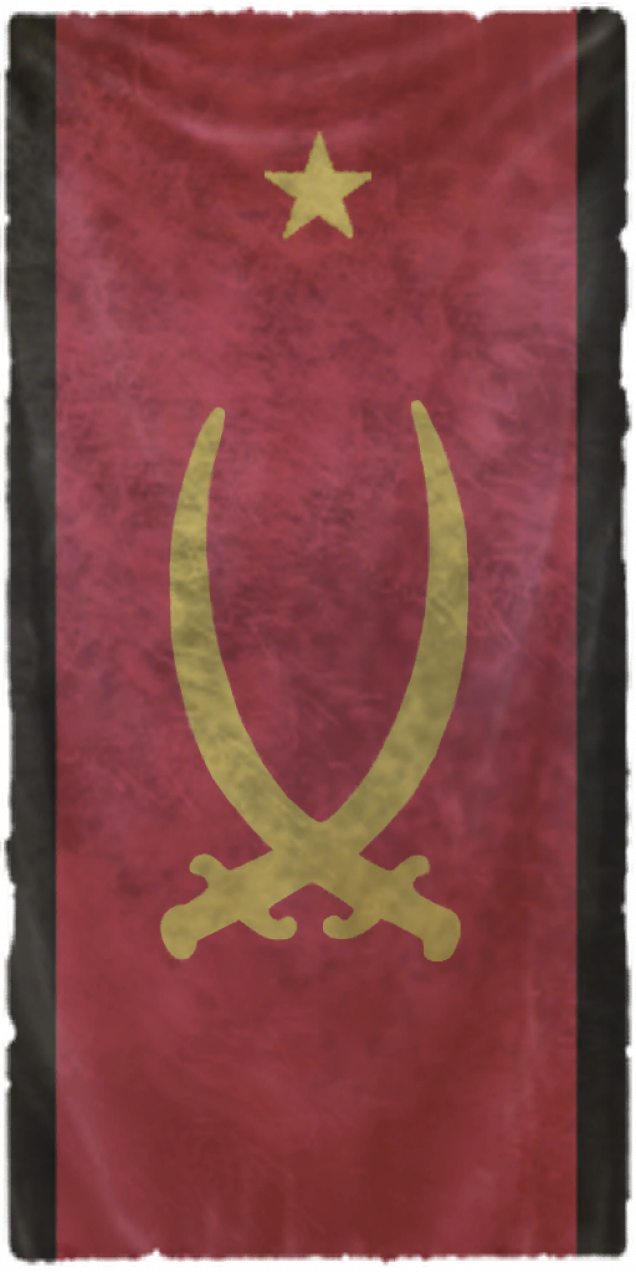
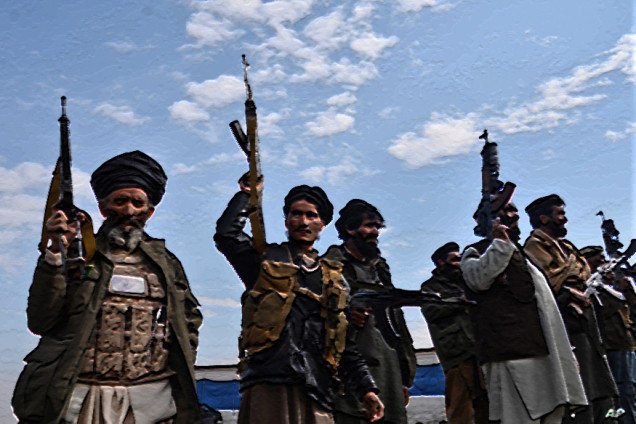

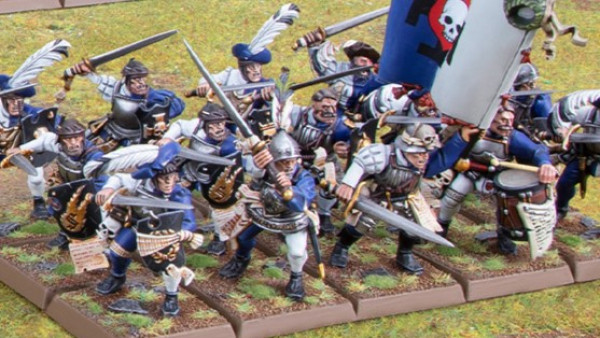
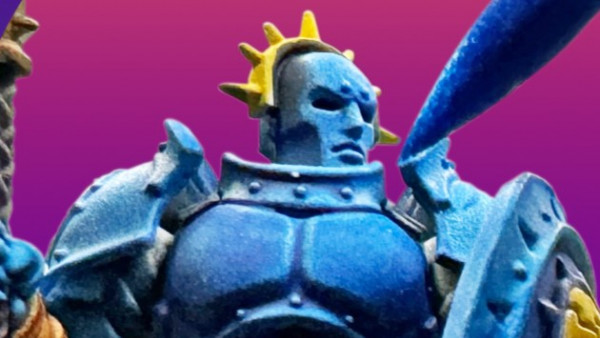

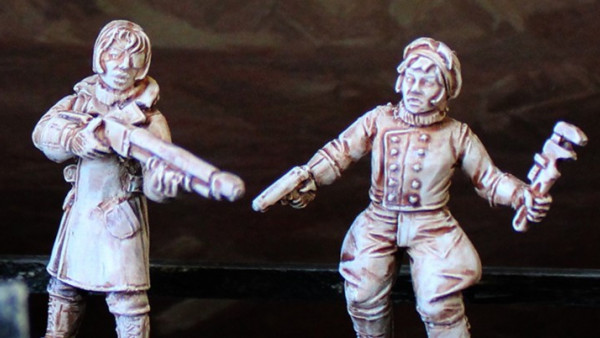
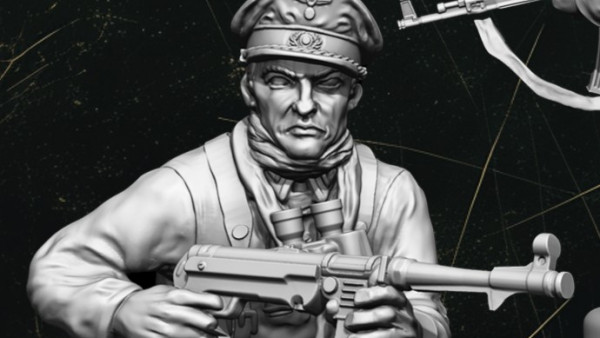


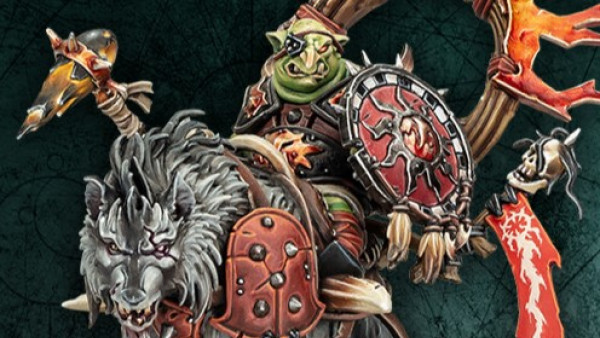

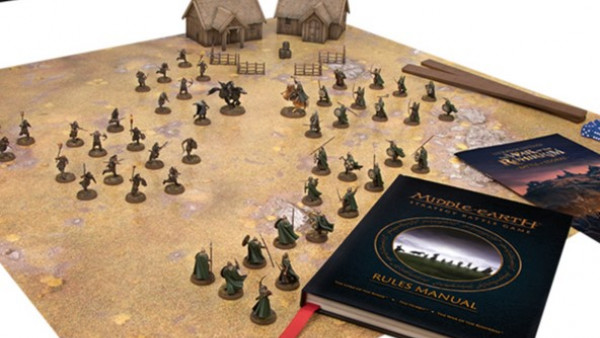
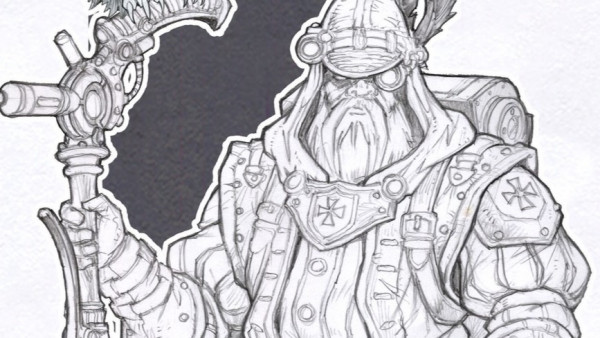
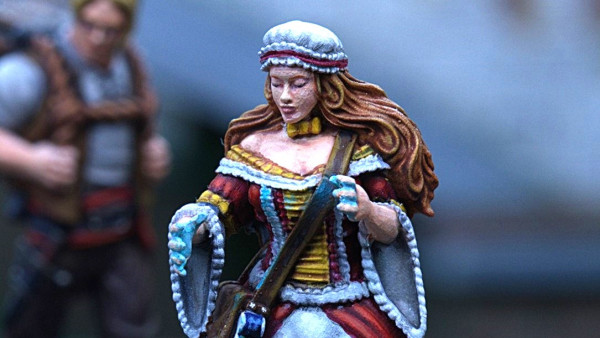





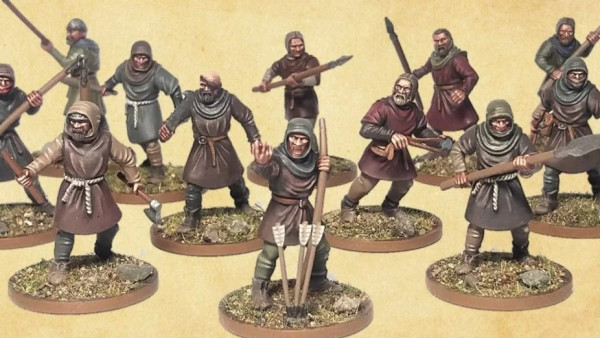

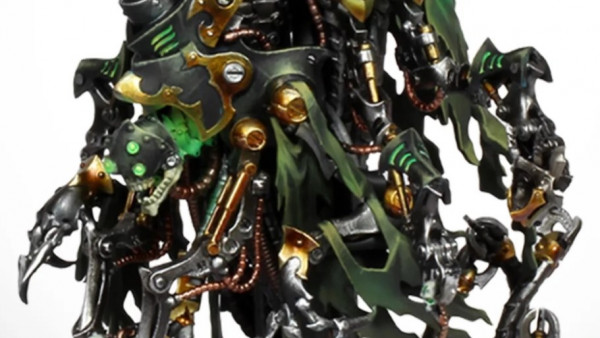


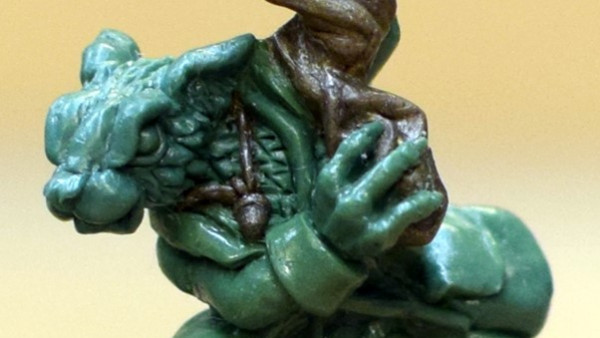
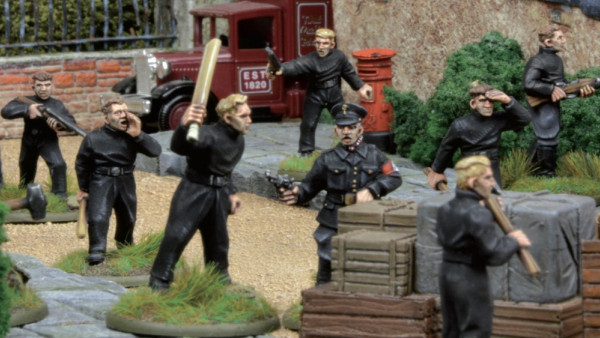

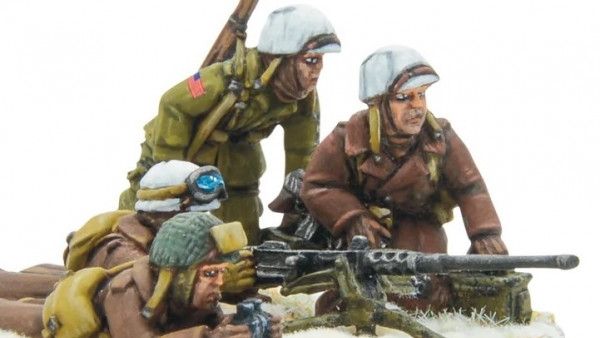

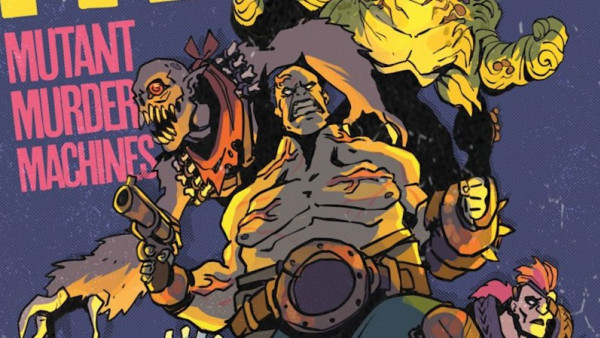
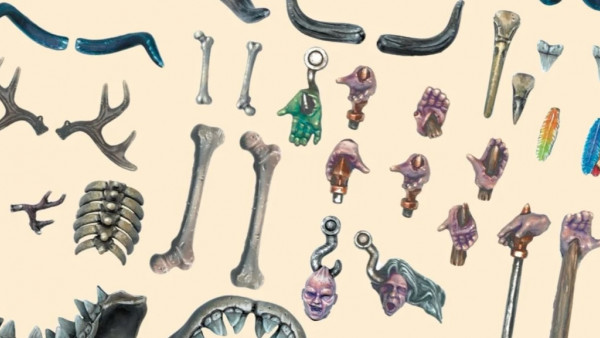
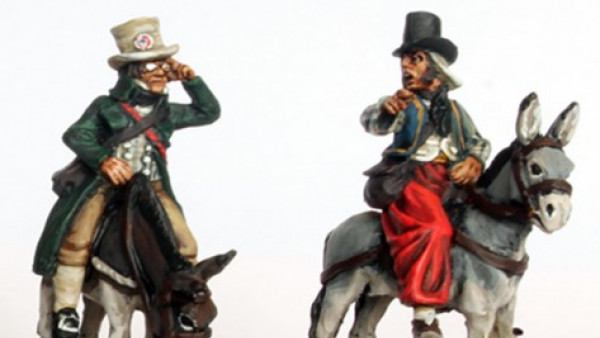


Leave a Reply